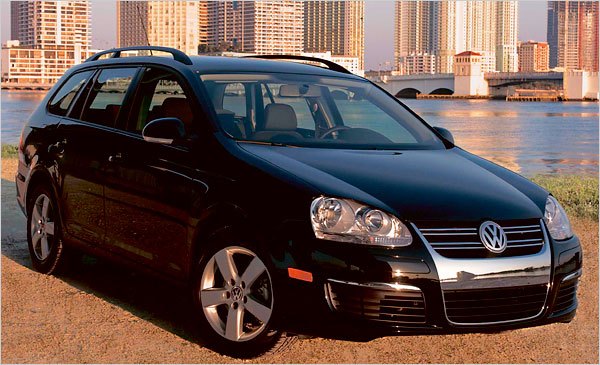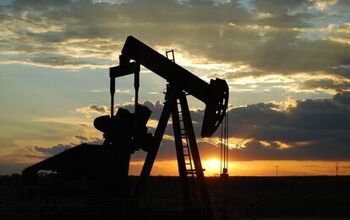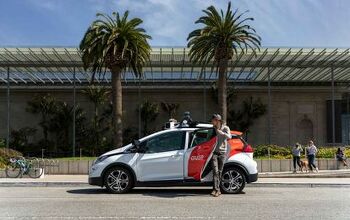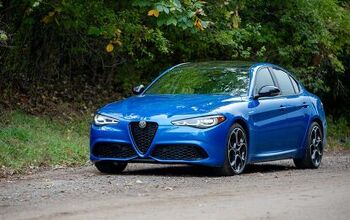The Ups and Downs of Diesel
Autoweek figures that the “dramatic decline in diesel fuel price” is what’s causing VW and Mercedes diesel sales to increase as a percentage of total sales in recent months. But only VW’s Jetta, and M-B’s ML, GL and R Classes have diesel options to take advantage of the mini-boom. To be fair, though, not many would have predicted a year ago that Jetta diesel sales would approach 4k units per month (3,862 in May). But will it last?
According to etrucker.com, diesel prices have risen for seven straight weeks for a total increase of 43.1 cents per gallon (national average). Of course, the national average for gasoline is also up .67 cents in the last 50 days. On the other hand, a look at the good old government price tracker shows that California’s averages display the greatest price discrepancies with gas at about $3 and diesel at $2.79.
Any guesses as to the percentage of these pricy diesels being bought in the Golden State? Based on an uptick in street sightings here in Portland, OR, not all the new Jetta TDIs are moving to Cali. But if the economy (specifically real estate) is ever going to recover, isn’t this boomlet bound to bust?
More by Edward Niedermeyer


































Comments
Join the conversation
agenthex writes, but provides no links:
You realize that list is not using any modern gas engine. I noted FSI for a reason. The 2008 Orbital engine (Revtech report) seems pretty modern to me. YMMV. A 1.2 FSI doesn't seem very comparable to a 1.9TDI PD. # Performance: 0-62mph in 16.5 secs, max speed 97mph, 50.1mpg # Tech: 1198cc triple, FWD, 64bhp, 83lb ft, 1143kg, 151g/km CO2 Perhaps you can post some better numbers and some links to support your case? If not, there's not much point in continuing. Cheers, Scott.Sorry, I mistyped. The 1.2 tsi is a turbo direct injection. I got some detailed spec data on the powertrain itself at one time, but google is failing me at the moment. But for simplicity, just assume the euro cycle instead of analyzing BSFC plot, you can compare to same (or lower/slower in this case) power diesel and the economy is still well within range of my estimate. 4.2 l/km (65kw diesel) + 20% or 5.5 l/km (77kw gas) -20% density diff ~= 10% more fuel mass use for engine with 15% more power.